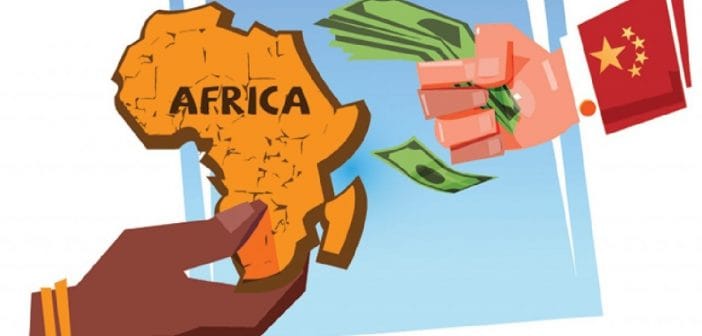As the global race for influence in Africa intensifies, nations across the continent find themselves navigating a complex landscape of opportunity and risk. From Tokyo to Ankara, Washington to Abu Dhabi, major global powers are repositioning themselves—eager to invest, extract, or entrench. Yet this time, African voices are rising, demanding partnerships based on equity, sovereignty, and mutual gain.
Japan’s Strategic Shift: From Donor to Investor
After decades of being perceived primarily as a humanitarian donor, Japan is now seeking a deeper commercial foothold in Africa. With deflation behind it and private sector risk appetite rising, Tokyo is promoting business-led engagement in mining, energy, and green technology sectors.
Japanese firms like Mitsui & Co. have begun securing strategic assets, such as stakes in Zambian copper mines, while others, like Hitachi, are introducing environmentally friendly mining machinery. Africa’s abundant resources and youthful population make the continent an attractive frontier—particularly as Japan aims to diversify away from China’s economic orbit.
Global Powers on the Continent: How Africans View Them
As Japan repositions, it joins a crowded field of suitors—each with distinct strategies and reputations on the continent.
China remains dominant in infrastructure and mining. However, its opaque deals and rising debt burdens are increasingly met with scrutiny by African civil societies and economists alike.
The United States, historically a key actor, is now perceived as retreating. With sharp cuts to development aid under President Donald Trump’s renewed term, Washington risks losing soft power, despite retaining strong military footprints in countries like Djibouti, Somalia, and Niger.
Russia has capitalized on instability, offering arms and security services—often via private military companies. While some regimes welcome Moscow’s “non-conditional” approach, others warn of creeping militarization and erosion of democratic norms.
The United Kingdom, once a dominant colonial power, now has limited influence. Its engagement is largely economic but lacks the scale or consistency to compete with other actors.
Türkiye stands out for its model of mutual development. With projects in education, infrastructure, and health, Ankara is perceived by many African states as a respectful partner—a “win-win” actor not seeking to dominate but to trade, train, and cooperate.
The UAE, by contrast, is increasingly controversial. Accused of exacerbating instability, Abu Dhabi has been linked to proxy warfare in Libya, alleged drone operations in Sudan, and a growing footprint in Red Sea ports. Many analysts and civil groups warn of the UAE’s opaque interventions driven by regional rivalries rather than African priorities.
Africa’s Leverage: Caution and Opportunity
With global attention fixed firmly on the continent, African governments face both opportunity and peril. The challenge is to craft foreign partnerships that serve long-term development, rather than short-term gain or external agendas.
From the African perspective, the message is clear: we are not pawns in great power competition. We are players—shaping our future, choosing our partners, and setting our terms.



